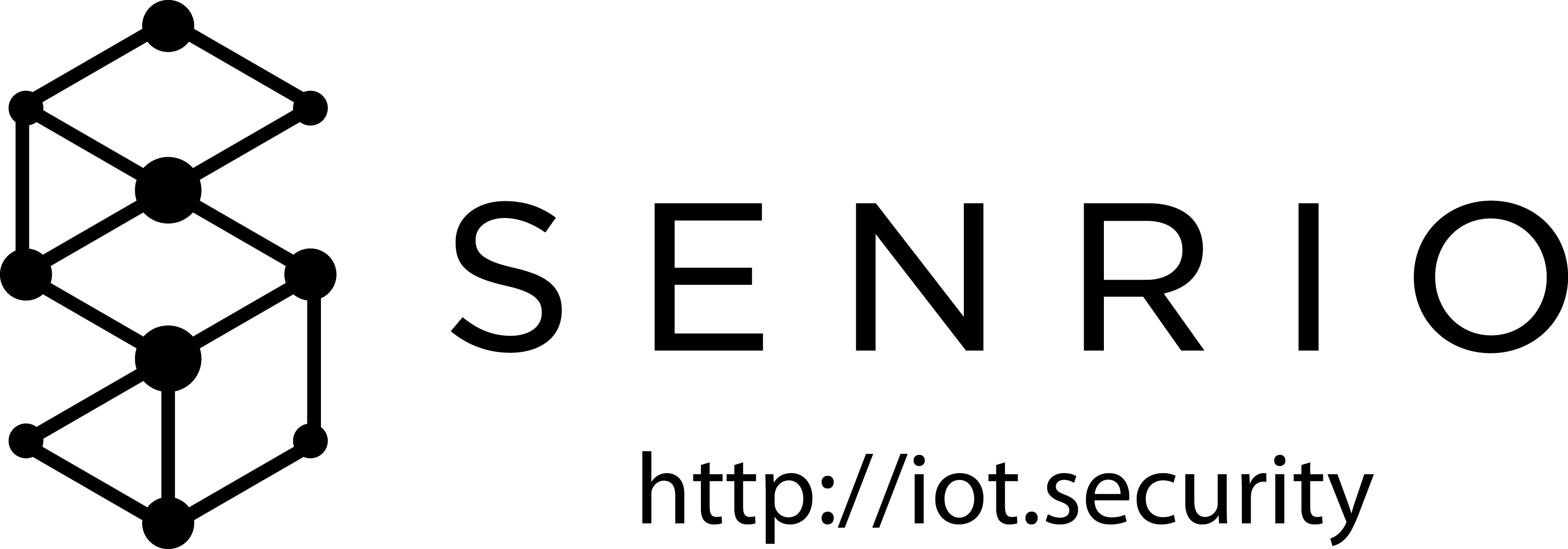Risky Business Podcast
September 27, 2017
Risky Business #471 -- Good Microsoft, bad Microsoft
Presented by

CEO and Publisher

Technology Editor
On this week’s show we’re taking a look at a mediocre response from Microsoft’s security response centre in the face of a fairly run-of-the-mill bug report. Our guest today found some Microsoft software was failing to validate SSL certificates. He reported it, but Microsoft said it wasn’t a security issue because, drum roll please, the attacker would require man in the middle to exploit the failure. Ummm. What?
It all got sorted out eventually, and by sorted out I mean silently patched with no note to customers. So if you have a script running somewhere that’s invoking this tool it’s probably not checking for valid certificates, so that’s fun.
In this week’s show notes we’ll be talking with industry legend Jon Oberheide, co-founder of Duo Security, about a couple of things. We’ll be looking at the features platform vendors like Microsoft and Google are now baking into their operating systems that allow companies like Duo to be able to query the health of endpoints. We also have a general conversation about how it is actually the platform vendors who will solve the biggest problems, not so much the security industry. That’s this week’s sponsor interview, with big thanks to Duo Security.
The Grugq is this week’s news guest. Links to everything discussed are below, and you can also follow Patrick or The Grugq on Twitter if that’s your thing.


Brought to you by Duo Security
Identity Security, MFA & SSO






